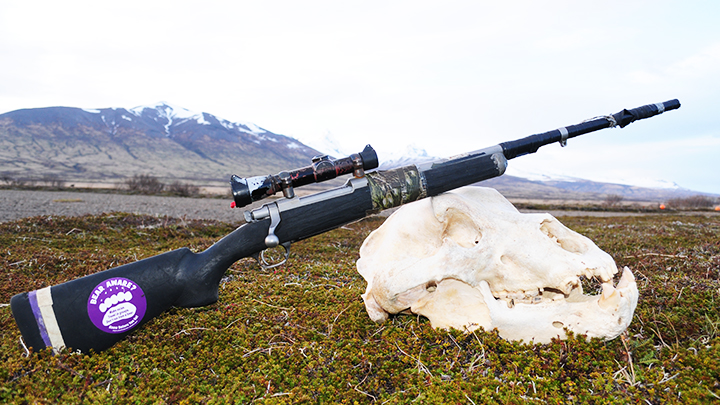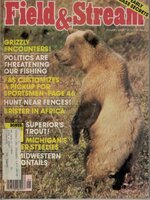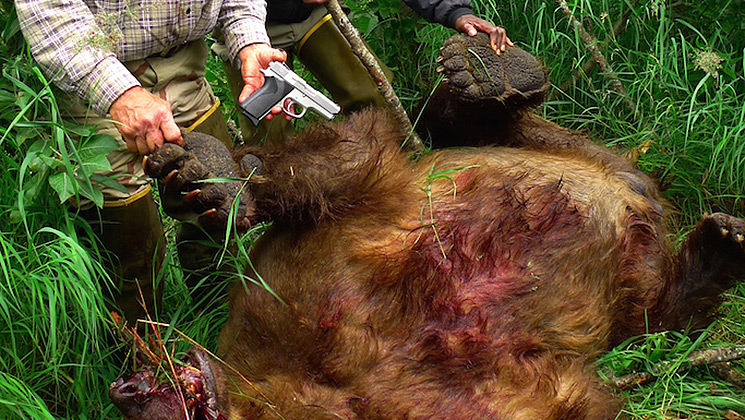Guides are no more or less infallible than random internet strangers. Guides have the same biases and gaps in experience too. This is a perfectly valid point ONLY if it is based on first hand experience with heavy for caliber fragmenting bullets in a small caliber rifle being inadequate. Otherwise it’s just meaningless fluff. Not to pick on you, theres plenty of other meaningless fluff in this thread, the point being that its not just a small caliber people are using, its a small caliber only when coupled with very specific bullets, which are relatively uncommon to have used. Is the guide friend recommending a big gun because it’s less dependent on specific ammo and he cant rely on a client to differentiate? I was a guide in a different venue for many years, and the mantra the older guides taught was that “your client is trying to kill you”…probably not the most effective way to think about it, and certainly not intentional, but its true that when dealing with inexperienced strangers in a dangerous situation you do have to anticipate them not listening to simple instructions as well as doing some irrational and stupid things that can put them and you in a pickle. Is he relying on a big gun because he knows it works and doesn't bother to try other things? Because its what makes inexperienced clients feel better? Ime all of the above are entirely likely. Falling back on the advice of a guide is no more foolproof than anyone else’s advice…everyone knows a big gun will work, so it may just be the simplest, easiest answer to communicate for someone whose main job is to find a bear, not serve as a consulting ballistician. The question is, EXACTLY what experience is behind the recommendation NOT to use a smaller gun? Never tried it and no interest in experimenting? Tried it with typical small-gun lightweight bullets only? Or tried it with the heavy fragmenting bullets folks are talking about and at that point decided it wasnt good? Tell me the reasoning and what its based on and I’ll listen. Omit the reasoning and the details of the experience its based on, and its just more noise.





